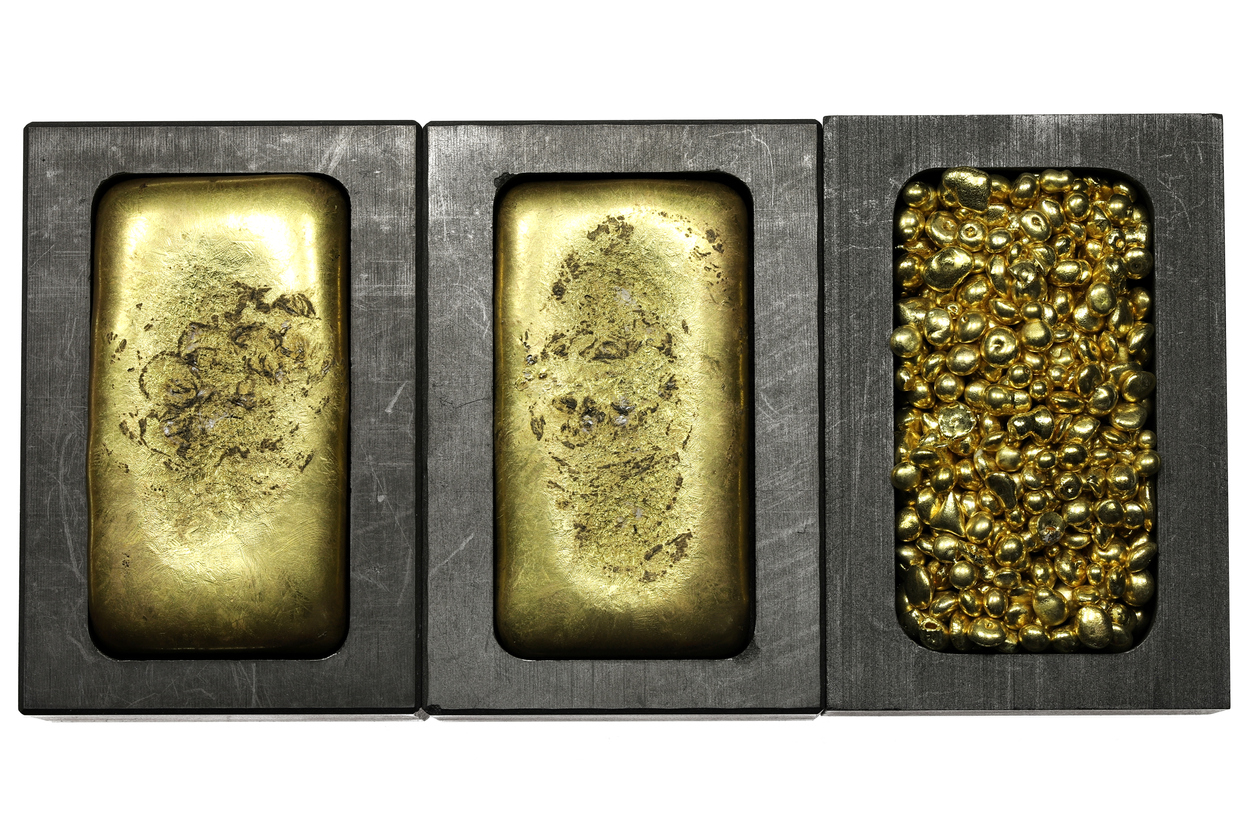Turning Waste into Wealth: The Role of Activated Carbon in Maximizing Gold Extraction in Nigeria
Turning Waste into Wealth: The Role of Activated Carbon in Maximizing Gold Extraction in Nigeria
Did you know that Nigeria, one of the largest gold-producing countries in Africa, is sitting on a hidden treasure trove? But here’s the catch – extracting this precious metal efficiently and sustainably has always been a challenge. That’s where activated carbon comes into play! In this blog post, we’ll explore how this innovative technology is turning waste into wealth by revolutionizing gold extraction methods in Nigeria. Get ready to uncover the untapped potential and discover how activated carbon is paving the way for a golden future in Nigerian mining.
Introduction to Activated Carbon and Gold Extraction
Carbon in leach (CIL) is a gold extraction process that uses cyanide to extract gold from raw ore. The raw ore is first crushed and ground to a fine powder. Then, the finely ground ore is mixed with water and cyanide in a tank. The cyanide dissolves the gold, and the gold-cyanide solution is pumped to another tank where activated carbon is added. The activated carbon adsorbs the gold from the solution, and the now-golden solution is pumped back to the first tank for further processing.
The addition of activated carbon to the CIL process can help recover more gold from raw ore, as well as improve overall gold recovery rates. Activated carbon has a large surface area, which allows it to adsorb more Gold Extraction than other methods Nigeria such as Merrill Crowe or zinc precipitation. In addition, using activated carbon can help reduce environmental impacts associated with traditional gold extraction methods, such as mercury use or open-pit mining.
If you’re interested in trying your hand at extracting gold from Nigerian raw ore, be sure to check out our blog post on “Turning Waste into Wealth: The Role of Activated Carbon in Maximizing Gold Extraction in Nigeria.”
How Activated Carbon Aids in Gold Extraction
The use of activated carbon in gold extraction is increasingly gaining popularity due to its effectiveness in maximizing gold extraction. Activated carbon has a large surface area, which helps to increase the contact between the gold and the activated carbon. This allows for a more efficient extraction process as more of the gold can be extracted in a shorter period of time. Additionally, activated carbon is able to adsorb impurities such as cyanide, which can help to improve the quality of the gold extracted.
Benefits of Using Activated Carbon for Gold Extraction in Nigeria
Activated carbon has a long history of being used in the gold extraction process due to its ability to adsorb gold from solution. This natural material is produced by pyrolyzing organic materials such as wood or coconut shells at high temperatures. The resulting product is a highly porous, spongy material with a large surface area that is ideal for adsorbing gold from cyanide leach solutions.
In Nigeria, activated carbon is used in small-scale gold mining operations, typically involving the use of cyanide leaching to extract gold from ore. The use of activated carbon in gold extraction has a number of benefits over other traditional methods:
1. Increased Gold Recovery: Activated carbon has been shown to increase gold recovery rates by up to 30%. This is due to its ability to adsorb and retain trace amounts of gold that would otherwise be lost during the leaching process.
2. Lower Reagent Costs: Because activated carbon adsorbs gold from solution, it reduces the amount of cyanide required for leaching. This can lead to significant savings on reagent costs over time.
3. Reduced Environmental Impact: The use of activated carbon in gold extraction can help reduce the overall environmental impact of mining operations. By reducing the amount of cyanide required for leaching, there is less potential for release into the environment and less need for hazardous waste disposal.
Challenges of Utilizing Activated Carbon for Gold Extraction
There are a number of challenges associated with utilizing activated carbon for gold extraction in Nigeria. Firstly, the process is energy intensive, meaning that it requires a significant amount of electricity to operate. This can be a challenge in itself, but is compounded by the fact that many areas of Nigeria do not have reliable access to electricity. In addition, the process can generate a large amount of waste carbon, which must be disposed of safely and responsibly. This can be difficult and expensive, particularly in remote areas. Activated carbon adsorption is not always 100% effective, meaning that some gold may be lost during the process.
Strategies to Maximize Gold Yields from Mining in Nigeria
In order to maximize gold yields from mining in Nigeria, it is important to employ a number of strategies. First, it is essential to have a clear understanding of the local geology. This will allow for the development of a targeted mining plan that can maximize gold extraction while minimizing environmental impact.
Second, it is important to use modern technology and equipment in the mining process. This will help to ensure that gold deposits are extracted efficiently and with minimal damage to the surrounding environment.
Third, it is necessary to implement sound environmental management practices at all stages of the mining process. This includes everything from site selection and planning to waste management and rehabilitation. By taking these steps, it will be possible to minimize the negative impact of mining on the local environment while still maximizing gold yields.
Alternatives to Activated Carbon for Gold Extraction
There are many alternatives to activated carbon for gold extraction, including but not limited to:
1. Cyanide leaching: This process involves treating the ore with a cyanide solution, which dissolves the gold from the rock. The gold is then absorbed into the solution and can be recovered from the pregnant solution.
2. Chemical leaching: This process uses chemicals such as mercury or aqua regia to dissolve the gold from the rock. The gold is then absorbed into the solution and can be recovered from the pregnant solution.
3. Physical separation: This process involves separating the gold from the ore using physical means such as gravity concentration or flotation. The gold is then concentrated and can be recovered from the concentrate.
Conclusion
The use of activated carbon in gold extraction has been a great benefit for Nigeria, allowing the nation’s miners to optimize their operations and maximize their returns. As the demand for this precious metal rises around the world, it is important that we continue to look for sustainable ways to extract gold from our natural resources. Activated carbon provides an effective and environmentally friendly solution by turning waste into wealth. Through proper research and implementation, Nigeria can capitalize on its rich deposits while also protecting its environment.








Comments are closed.